PAISE 2021 will be Virtually co-conducted with IPDPS 2021 on May 21st, 2021.
Workshop Program (All times in UTC)
Introduction and Keynote: 14:30 - 15:30 (60 min)
- 14:30 - 14:40 :Introduction and Welcome Slides Video PAISE Organizers
- 14:40 - 15:30 :Keynote: Accelerating Analytics at the Edge Slides Video Ada Gavrilovska, Georgia Tech
15:30 - 15:45 : Break (15 min)
Session 1: 15:45 - 17:20 (95 min)
- 15:45 - 16:05 : Addressing the Constraints of Active Learning on the Edge. Slides Video Enrique Nueve, Sean Shahkarami, Seongha Park and Nicola Ferrier
- 16:05 - 16:30 : Informed Prefetching in I/O Bounded Distributed Deep Learning. Slides Video Xiaojun Ruan and Haiquan Chen
- 16:30 - 16:55 : Performance Evaluation of Deep Learning Compilers for Edge Inference. Slides Video Gaurav Verma, Yashi Gupta, Abid M. Malik and Barbara Chapman
- 16:55 - 17:20 : DataVinci: Proactive Data Placement for Ad-Hoc Computing. Slides Video Martin Breitbach, Janick Edinger, Dominik Schäfer and Christian Becker
17:20 - 17:35: Break (15 min)
17:35 - 18:55 : PAISE Panel Panelists: Allaukik Abhishek, ARM Research; Fahim Kawsar, Nokia Bell Labs; Hana Khamfroush, University of Kentucky; Priya Panda, Yale University; Nhan V Tran, Fermi National Accelerator Laboratory.
18:55 - 19:10: Break (15 min)
Session 2: 19:10 - 20:30 (80 min)
- 19:10 - 19:30 : Pilot-Edge: Distributed Resource Management Along the Edge-to-Cloud Continuum. Slides Video Andre Luckow, Kartik Rattan and Shantenu Jha
- 19:30 - 19:55 : INT Based Network-Aware Task Scheduling for Edge Computing. Slides Video Bibek Shreshta, Richard Cziva and Engin Arslan
- 19:55 - 20:20 : Performance Comparison for Scientific Computations on the Edge via Relative Performance. Slides Video Aravind Sankaran and Paolo Bientinesi
- 20:20 - 20:30 : Closing Remarks PAISE Organizers
Invited Attendees
• Keynote Speaker
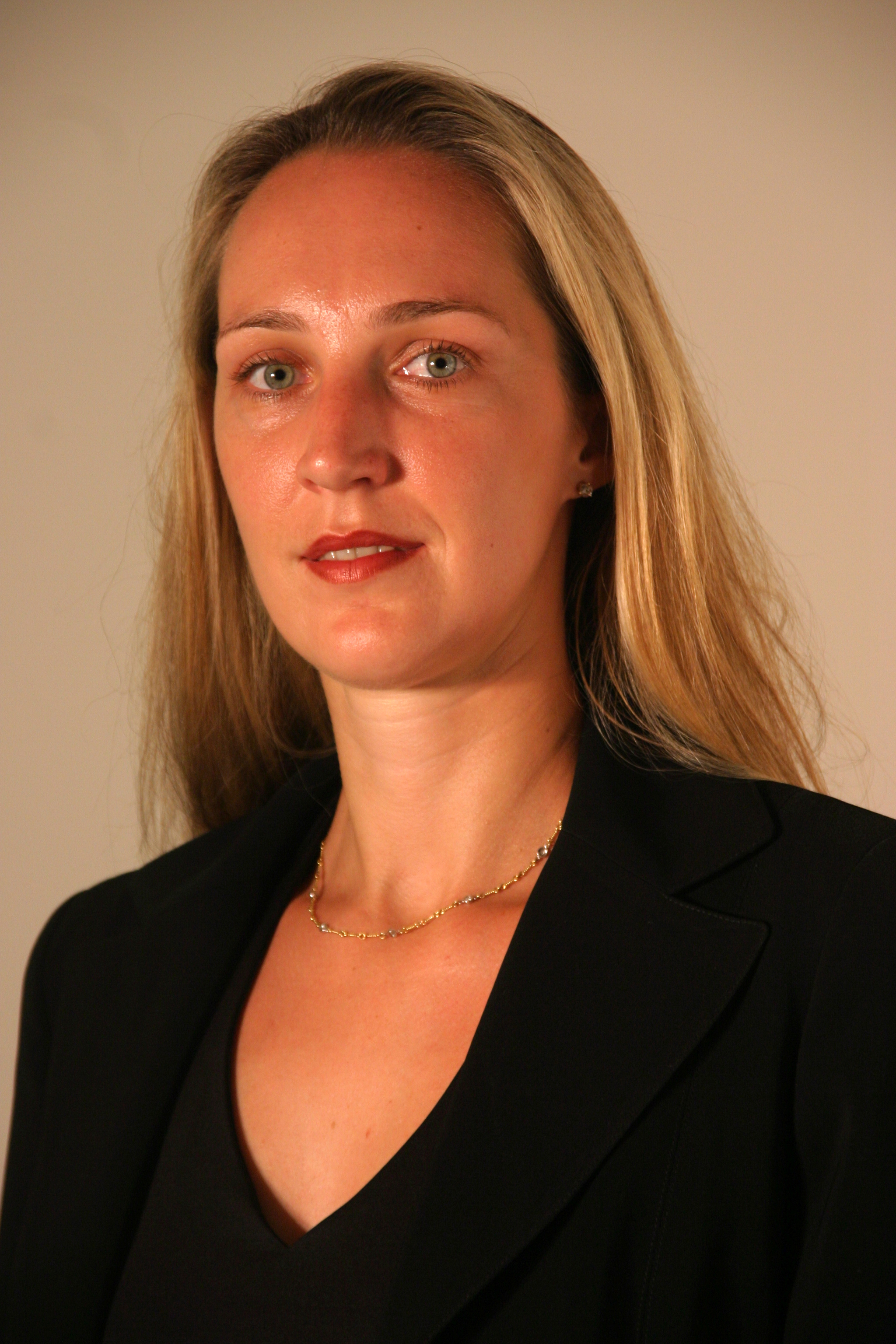 Ada Gavrilovska, Georgia Tech
Ada Gavrilovska, Georgia Tech
Title
Accelerating Analytics at the EdgeAbstract
The continued growth of demand for data and for ever-faster insights from data, is creating a trend toward deploying infrastructure outside of datacenters and machine rooms, and closer to end users and devices where data is generated and consumed. This edge computing tier promises to create transformative opportunities in achieving efficiency, performance, and scaling for the many new classes of data-driven workloads. However, such benefits cannot be realized by naively transplanting cloud-native technologies at the edge. In this talk, I will describe my group’s research on new systems software, machine learning and acceleration frameworks, and how they advance our capabilities for data analytics at the edge.Bio
Ada Gavrilovska is Associate Professor in the School of Computer Science at Georgia Tech. Her research is focused on designing systems for emerging technologies, and she develops new systems software solutions in response to new hardware, applications, and use cases. Her past research has considered opportunities and challenges resulting from programmable network processors, high-performance interconnects, multicores, virtualization and cloud computing. Her recent work is driven by two major trends rooted in the exponential growth of data-intensive workloads – the proliferation of new memory system designs, and the shift to edge computing. Gavrilovska’s research is supported by the NSF, the US Department of Energy, the SRC/DARPA JUMP program, and by multiple industry awards. She recently served as a Program Co-Chair for USENIX ATC’20 and as an Associate Editor for the IEEE Transactions on Cloud Computing.
• Workshop Panelists
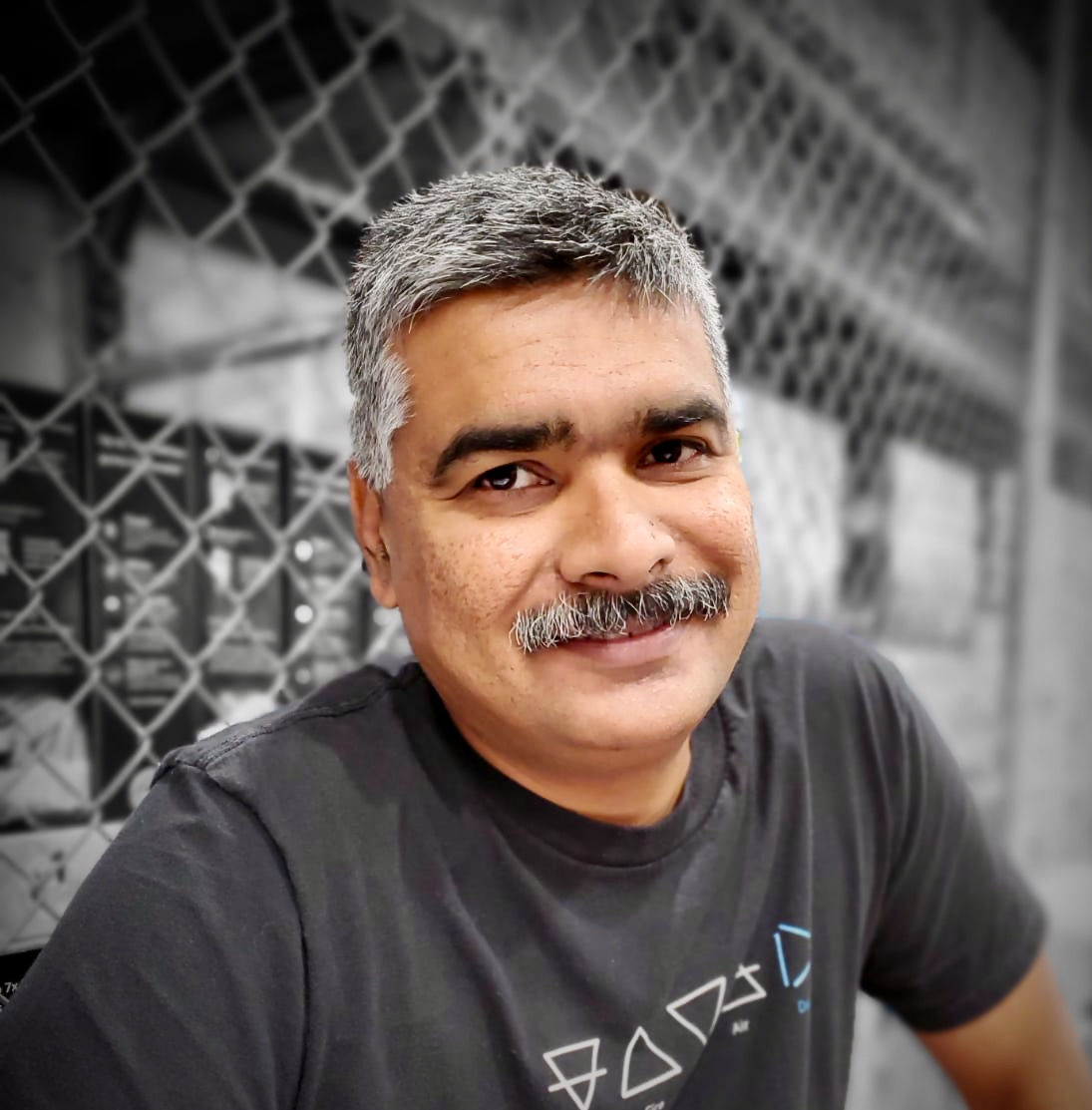 Allaukik Abhishek, ARM Research
Allaukik Abhishek, ARM Research
Bio
Allaukik Abhishek is Principal Engineer in the Solutions Engineering Group of Arm’s Infrastructure Line of Business. He leads the Cellular and Enterprise Networking verticals – to bring and showcase Arm technology in this sector. Allaukik has 20 year experience in Communication and Networking. Domain knowledge in this area spans from Physical layer to Applications – in Broadband Wireless(WiMax), Cellular(LTE , 5G), Wi-Fi, LPWAN, Audio/Video. Lately, his focus has been to bring in the best in class Infrastructure technologies (Cloud Native Concepts), Security, Analytics and ML in 5G connectivity and networking sphere. He holds a Bachelor in Technology (Honors) from Indian Institute of Technology.
 Fahim Kawsar, Nokia Bell Labs
Fahim Kawsar, Nokia Bell Labs
Bio
Fahim Kawsar leads the Pervasive Systems research at Bell Laboratories and holds a Design United Professorship at TU Delft. His team at Cambridge and Antwerp aims at building efficient, robust and personalised sensory systems with novel computational forms for disruptive mobile, wearable and IoT services in three application areas: Smart Home, Smart Enterprise, and Quantified Lifestyle. Personally, his research agenda is centred on Computational Behaviour Modelling. He is interested in system and algorithmic challenges in building multi-sensory computational systems to understand real-world human behaviour through modelling people-to-people, people-to-place, people-to-thing interactions. He borrows tenets from Social Psychology, learn from Behavioural Economics and apply Computer Science methods to drive my research. At heart, Fahim is an experimental computer scientist, and he aims at building end-to-end systems with real world deployment. Some of the topics of his research include: Wearables, Internet of Things, Behaviour and Activity Modelling, Physical Analytics, Distributed Middleware, and Smart Objects.
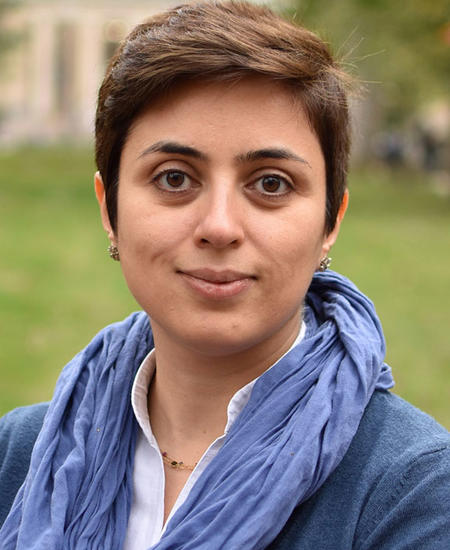 Hana Khamfroush, University of Kentucky
Hana Khamfroush, University of Kentucky
Bio
Hana Khamfroush is an Assistant Professor in Computer Science at the University of Kentucky. Her research interests include Computer/Communication Networking, Interdependent Networks (Cyber-Physical Systems), Large Scale Network Management, Performance Modeling and Analysis, Network Coding, Cyber Security, Artificial Intelligence, Machine Learning and Data Science. Hana has a Ph.D. from University of Porto, Portugal (2014). She was the winner of the 2021 Sarah Bennet Holmes Award, which is bestowed upon University of Kentucky employees who have achieved professional and personal success while promoting the growth and well-being of women at the University of Kentucky and beyond. Hana was selected as the recipient of a CS Department 50th Anniversary Junior Faculty Fellowship. This is a three-year endowed fellowship that she will be able to use to enhance her research activities.
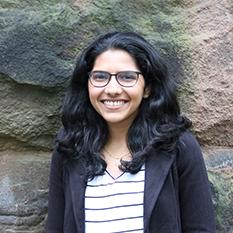 Priya Panda, Yale University
Priya Panda, Yale University
Bio
Priya Panda is an Assistant Professor of Electrical Engineering at the School of Engineering & Applied Science, where she leads the Intelligent Computing Lab. Priya's research interests lie in Neuromorphic Computing: spanning energy-efficient design methodologies for deep learning networks, novel supervised/unsupervised learning algorithms for spiking neural networks and developing neural architectures for new computing scenarios (such as lifelong learning, generative models, stochastic networks, adversarial attacks etc.). Her goal is to empower energy-aware and energy-efficient machine intelligence through algorithm-hardware co-design while being secure to adversarial scenarios and catering to the resource constraints of Internet of Things (IoT) devices. She recieved her Ph.D. from Purdue University.
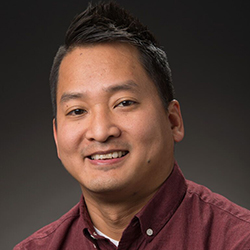 Nhan V Tran, Fermi National Accelerator Laboratory
Nhan V Tran, Fermi National Accelerator Laboratory
Bio
Nhan V Tran is a high energy particle physics experimentalist at Fermilab, where he has been a Wilson Fellow since 2017. He is interested in understanding the basic building blocks of the universe using particle accelerators to smash particles together and study these collisions in the laboratory. Nhan is a member of the CMS experiment at the CERN LHC and was a part of the Higgs discovery. His most recent activities involve study of the Higgs boson, searches for phenomena beyond the Standard Model of particle physics, and understanding nature of dark matter. He recieved his PhD. in Physics from Johns Hopkins University (2011) and B.S. in Physics from Princeton University (2005). His research interests include Search for light (MeV-GeV scale) dark matter at the LDMX experiment; development of hadronic veto system, search for exotic hidden hadronic and diboson resonances at CMS, study of the Higgs boson properties via spin correlations and at very high momentum at CMS, development of fast electronics algorithms and hardware for LHC Phase-2 trigger applications, and development of jet substructure and pileup mitigation reconstruction techniques at the LHC.General Chairs
- Istemi Ekin Akkus, Nokia Bell Labs
- Nirmit V Desai, IBM Research
Workshop Organizers
- Pete Beckman, Mathematics and Computer Science Division, Argonne National Laboratory, USA, E-mail: [email protected]
- Rajesh Sankaran, Mathematics and Computer Science Division, Argonne National Laboratory, USA, E-mail: [email protected]